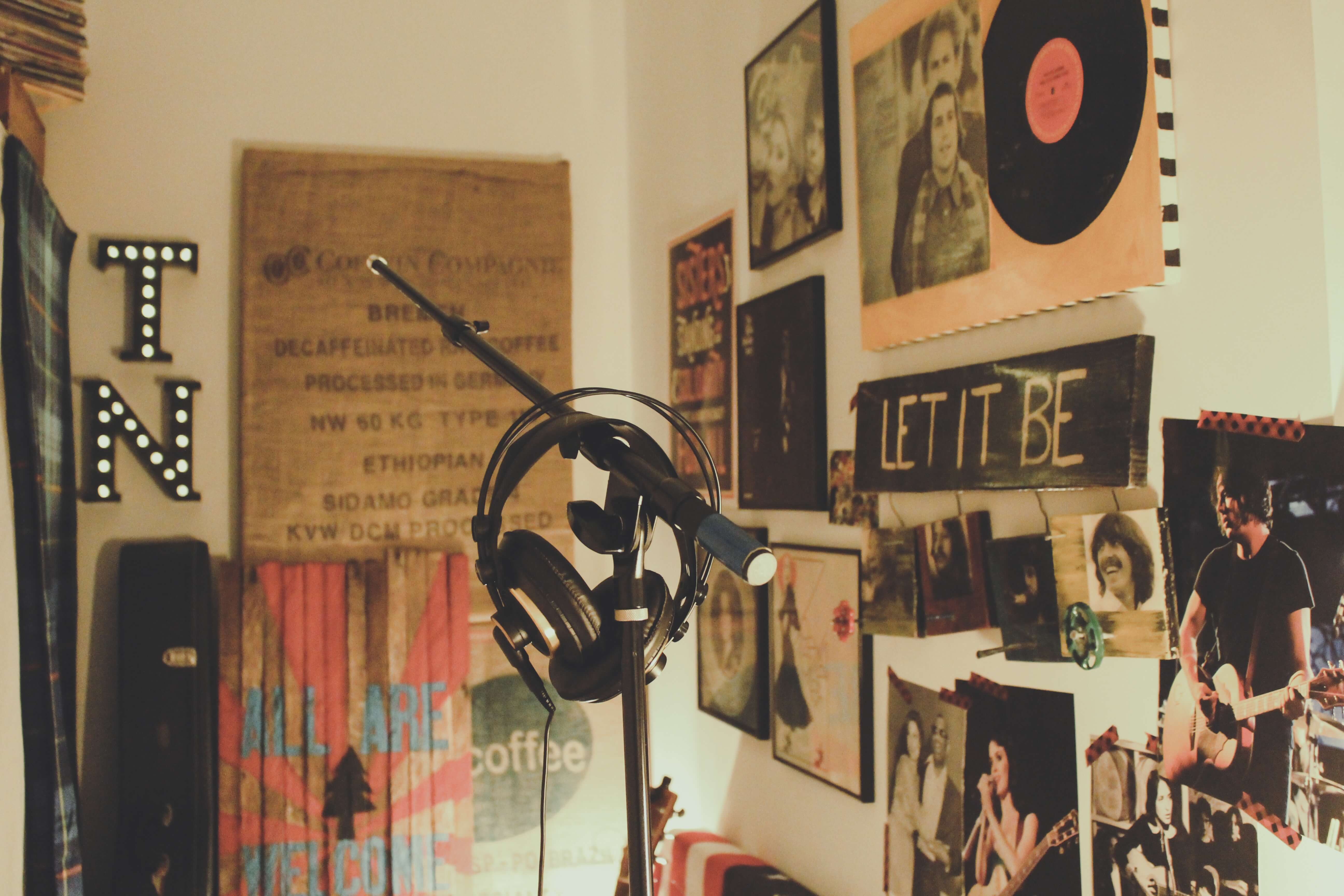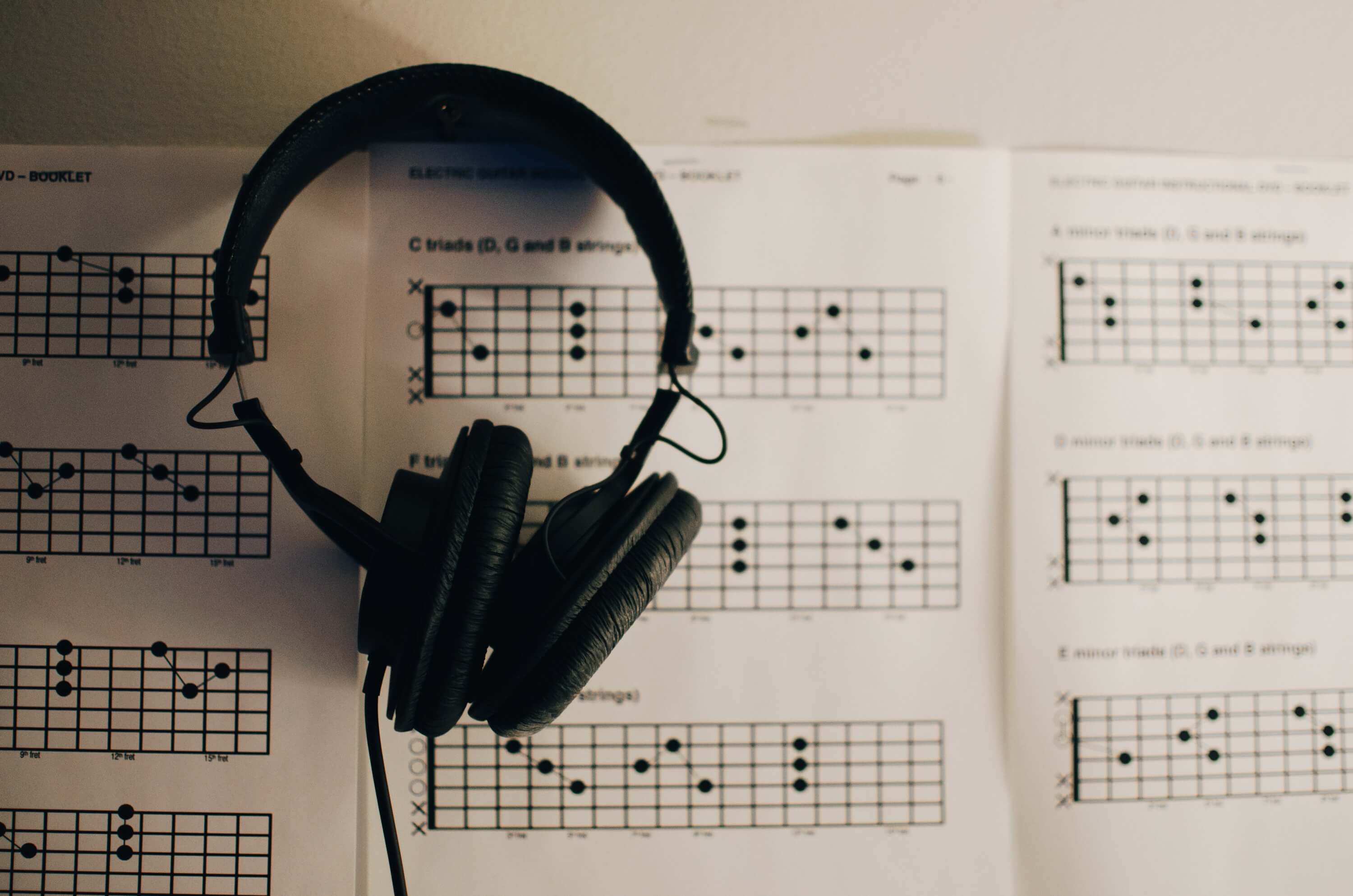Music can be a powerful tool in podcasting. It can create mood, evoke emotion, and add a layer of depth to the narrative. However, using music in podcasting is not as simple as selecting a song and playing it in the background. There are legal considerations to be aware of, as well as creative decisions to make to ensure that the music enhances the listening experience. In this article, we'll explore the role of music in podcasting and provide tips and strategies for using it effectively and legally.
The Power of Music in Podcasting
Music has the power to convey emotion and create atmosphere in a way that words alone cannot. In podcasting, music can be used to introduce a segment, set a tone, or underscore an emotional moment. It can also be used to brand a podcast, creating a recognizable identity that listeners can associate with the show.
One of the most effective ways to use music in podcasting is to create a custom score or soundtrack. This allows podcasters to tailor the music to the specific needs of the show, and to create a cohesive and consistent sound that enhances the listening experience. Custom music can be created by working with a composer or by using royalty-free music libraries.
Legal Considerations for Using Music in Podcasting
 Credits: @Paulette Wooten
Credits: @Paulette Wooten
While music can be a powerful tool in podcasting, it's important to be aware of the legal considerations when using it. Simply playing a copyrighted song in a podcast without permission can result in legal consequences, including fines and lawsuits.
There are several ways to legally use music in podcasting:
- Obtain Permission: The most straightforward way to legally use music in a podcast is to obtain permission from the copyright owner. This can be done by contacting the copyright owner directly or through a licensing agency.
- Use Royalty-Free Music: Royalty-free music is a type of music that can be used without paying royalties or obtaining permission. However, it's important to ensure that the music is truly royalty-free and that the terms of use allow for podcasting.
- Use Music in the Public Domain: Music in the public domain is free to use without permission or payment. However, it's important to ensure that the music is truly in the public domain and not still under copyright protection.
Creative Decisions for Using Music in Podcasting
 Credits: @Kelly Sikkema
Credits: @Kelly Sikkema
In addition to legal considerations, there are also creative decisions to be made when using music in podcasting. Here are some tips and strategies for using music effectively:
- Consider the Mood: When selecting music for a podcast, it's important to consider the mood you want to create. Do you want to create a sense of tension or excitement? Or do you want to create a calm and reflective atmosphere? Select music that matches the desired mood of the segment or episode.
- Use Music Sparingly: While music can be a powerful tool, it's important not to overuse it. Too much music can be distracting or overwhelming, and can detract from the narrative. Use music sparingly and strategically to enhance the listening experience.
- Think About the Audience: When selecting music for a podcast, it's important to consider the audience. What kind of music will they enjoy? What kind of music will resonate with them? Consider the demographic and interests of the audience when selecting music.
- Use Music to Brand Your Podcast: Creating a custom soundtrack or score can be a powerful way to brand a podcast. Use consistent music throughout the show to create a recognizable identity that listeners can associate with the podcast.
- Don't Be Afraid to Experiment: Finally, don't be afraid to experiment with music in your podcast. Try different styles and genres to see what works best for your show. You may be surprised at the emotional impact that music can have on your listeners.
Conclusion
Music can be a powerful tool in podcasting, adding depth and emotion to the narrative. However, it's important to be aware of the legal considerations when using music, and to make creative decisions that enhance the listening experience. By using music strategically and legally, podcasters can create a more engaging and memorable show that resonates with their audience.

